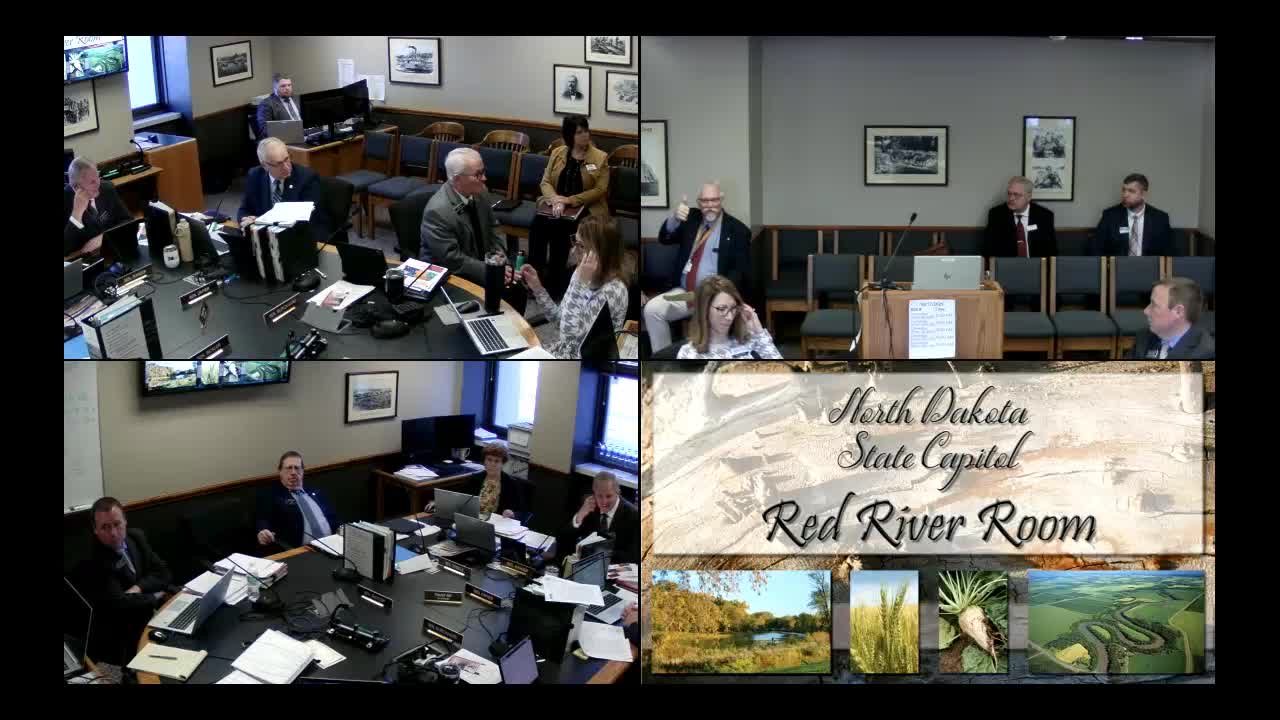Article not found
This article is no longer available. But don't worry—we've gathered other articles that discuss the same topic.
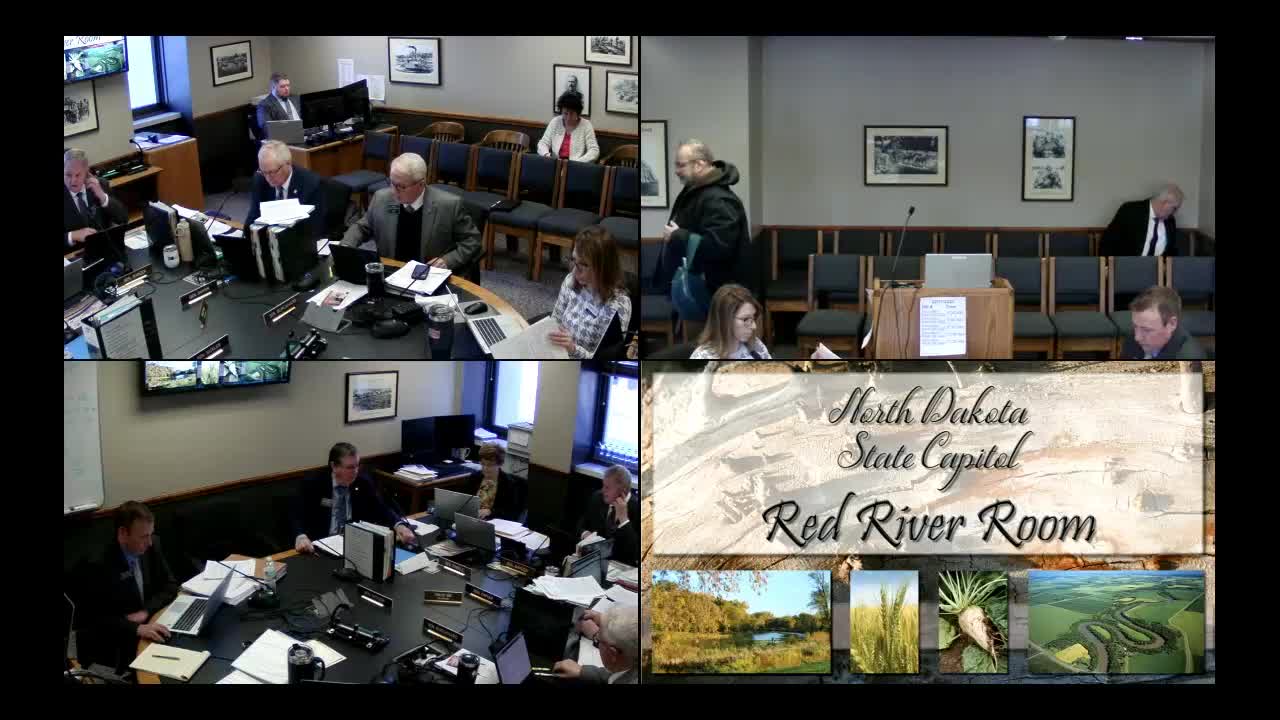
Proposal to buy down school mills for agricultural land draws support from farm groups
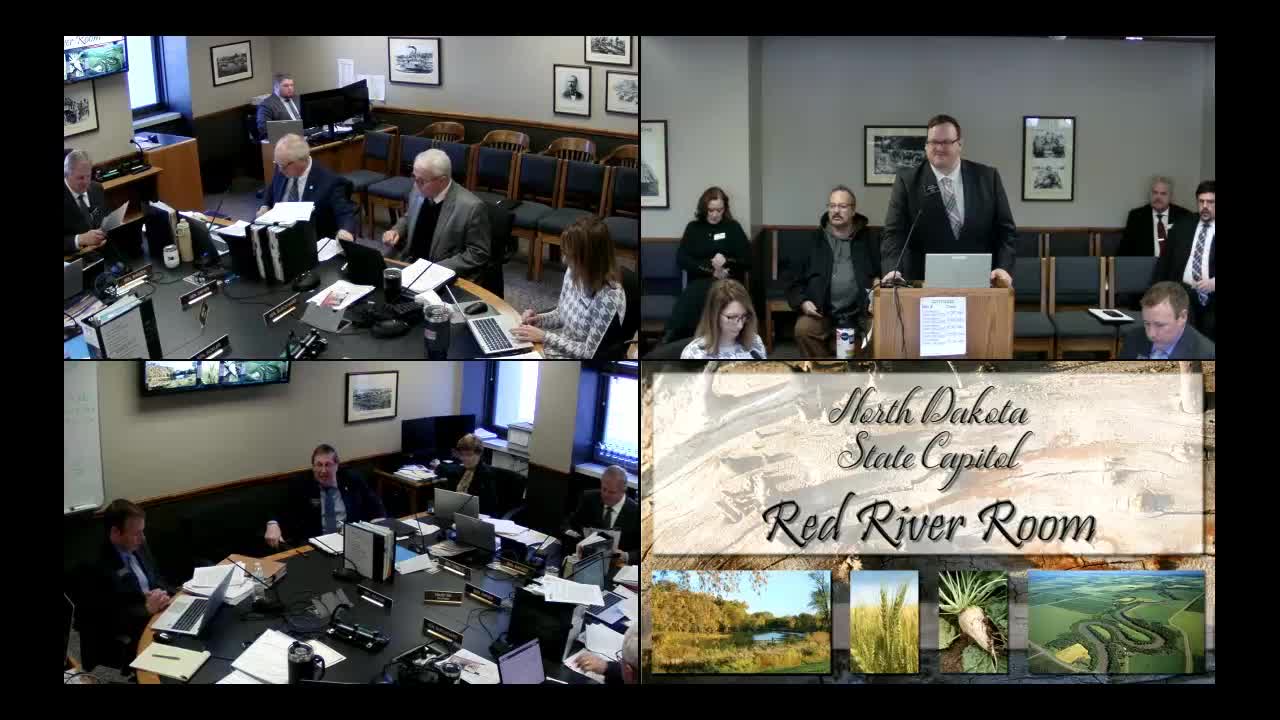
Proposal for $5M study to reassess transit funding for North Dakota’s four fixed-route cities
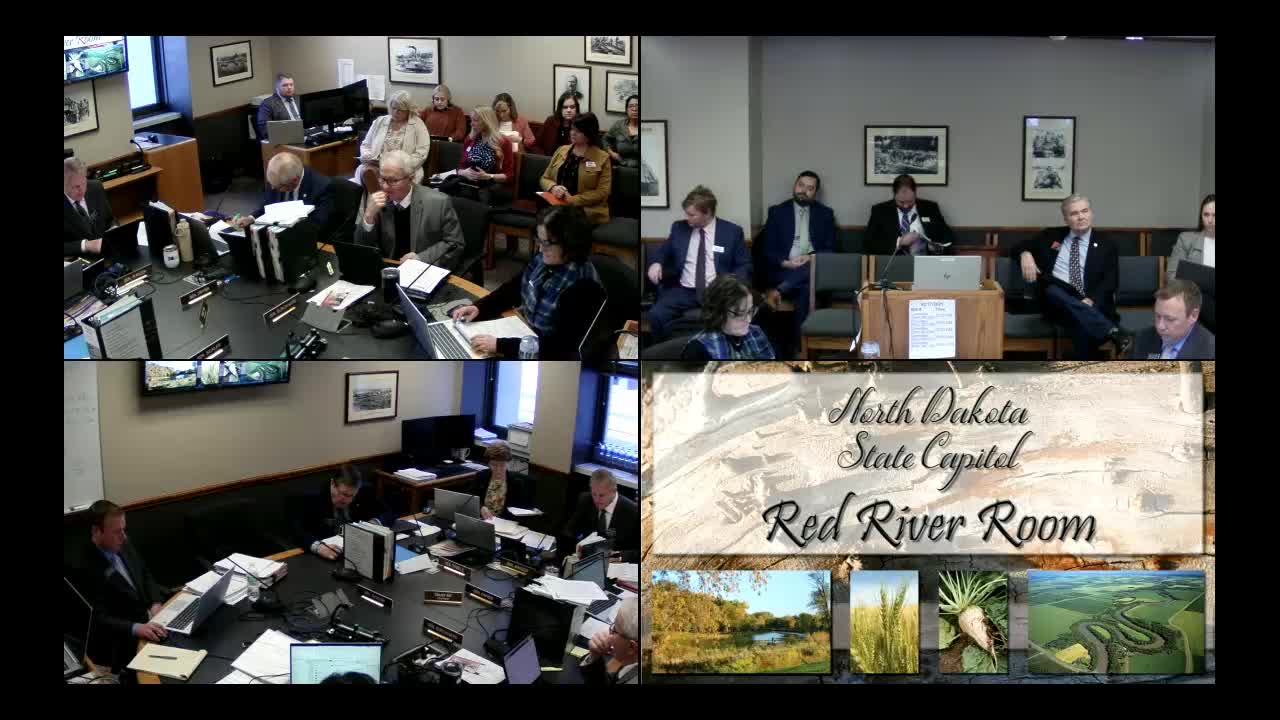
Regional councils push Rural Catalyst grant to help small-town projects and capacity
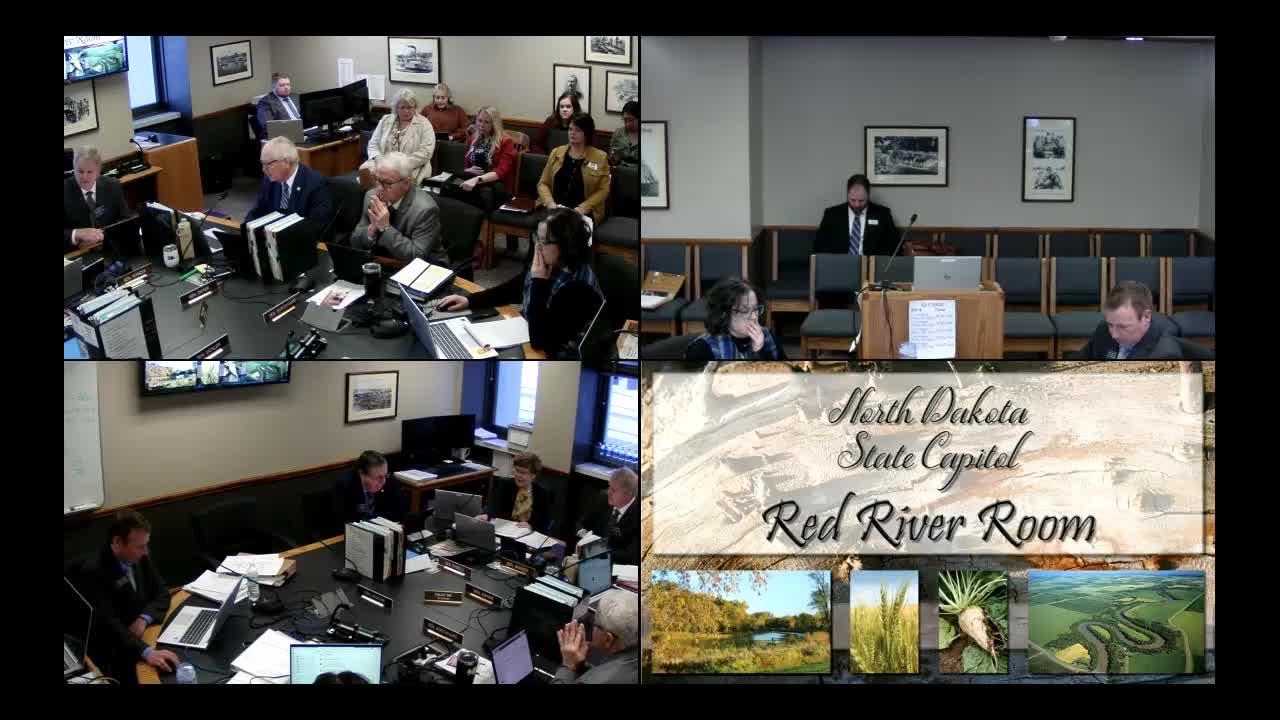
Committee hears testimony backing renewal of rural grocery sustainability grant
